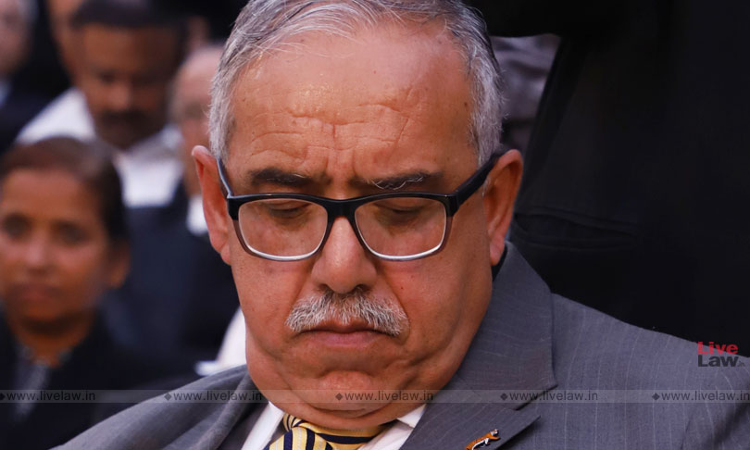Criticism Of Executive, Judiciary, Bureaucracy Or Armed Forces Not Sedition : Justice Deepak Gupta
LIVELAW NEWS NETWORK
7 Sept 2019 10:38 PM IST

Next Story
7 Sept 2019 10:38 PM IST
Justice Deepak Gupta, judge of Supreme Court, spoke at length about the chilling effect caused by sedition law on legitimate criticism on the organs of state. He also mentioned about the threat of contempt action stifling fair criticism of judiciary."The judiciary is not above criticism. If Judges of the superior courts were to take note of all the contemptuous communications received by...
